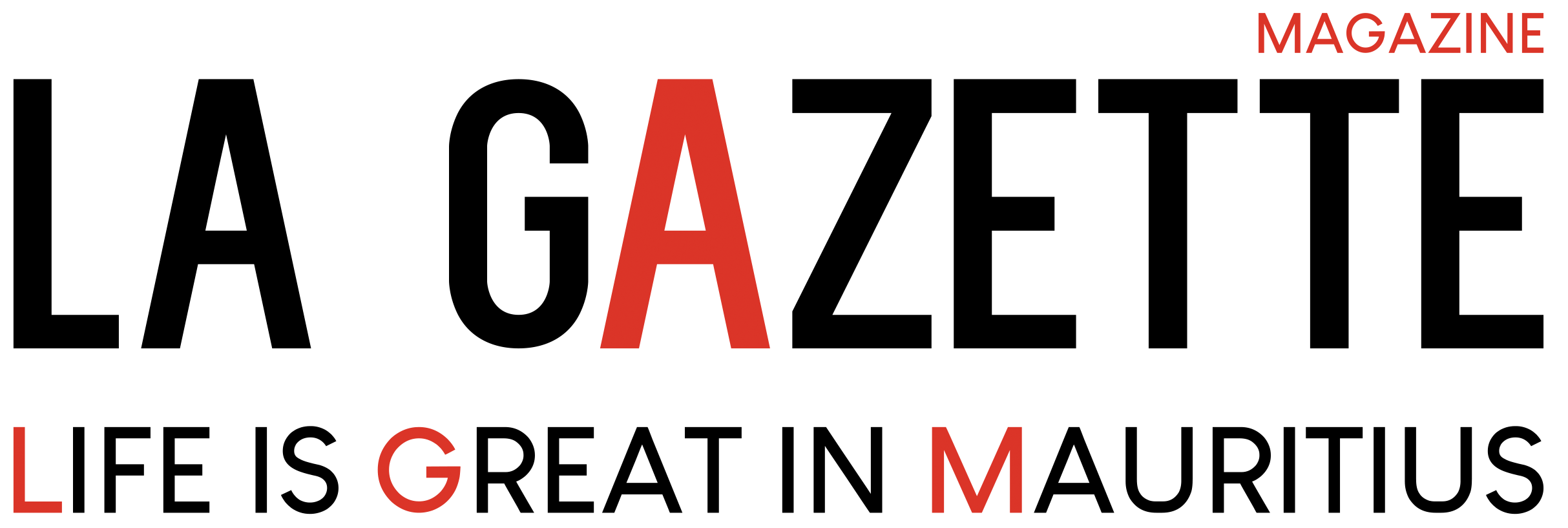As we all know, today’s job market is in a state of transition. Supply and demand are struggling to meet, and anxiety is palpable; even more so among women and young people. According to the report, which focuses on ACCA’s Africa region, although employees’ mental health indicators are slightly better than in previous years, they still reveal problems: 49% of respondents acknowledge that their psychological state is affected by work pressure. Delphine Raimond
The results of the Analysis survey corroboratethis trend, pointing to a different way of looking at the place of work in the lives of younger generations . Their intrinsic refusal to organize their lives solely around a career – as their ancestors did – bears witness to the emergence of a different model, one that recognizes the coexistence of professional and personal life, with a growing desire for balance between the two.
The psychological approach
Coach and psychotherapist Marie-Hélène Walter, whom we met in August 2023 to talk to us at length about the person-centered approach (PCA), was one of the speakers at the conference presenting the Analysis study. Above all, she noted the quality of the findings on how to rethink the relationship at work, declaring: “The way in which the results were presented has the merit of being particularly clear and of proposing concrete avenues for employers to work better – not more, but better – with their employees.” Adding that, for his generation, unlike the previous one, “work no longer defines the whole of life”. This shift marks a genuine societal transformation in the relationship to work of Generation Z (Gen Z), comprising people born between the late 90s and early 2000s. “We have to listen to them and support them, because they project other values.
At the end of the conference, there was unanimous agreement that corporate values are no longer really aligned with those of the younger generations. “In my practice, I see people who have reached the end of their careers, mostly men, who, once they’ve retired, find themselves at a loss, with no bearings, and sometimes even depressed, because their whole life was organized around work. Gen Z, on the other hand, is looking for meaningful work, and no longer hesitates to leave if it’s not forthcoming. Deeply understanding their motivations is a priority for employers. Management needs to rethink its corporate culture.
Mental health is a global concern, and the discrepancy between employees’ aspirations and the reality on the ground inevitably leads to “a feeling of uselessness, frustration and despair”, resulting in resignations, harassment, chronic wear and tear, loss of motivation, sleeping and eating disorders, and sometimes burn-out, requiring people to take a complete rest, with psychiatric or psychotherapeutic follow-up.
Corporate culture or culture of silence?
According to Marie-Hélène, companies still pay too little attention to this malaise in the workplace. The study reveals a lack of recognition among employees. “Mauritians invest themselves, often identifying with their role in the company, taking pride in their work, feeling legitimate and worthy. When this is not recognized, they suffer.” She points to vertical management as being all too common, and to employees who are still little consulted, little encouraged. Like others involved, she believes that companies have a duty to value the efforts of their employees, above and beyond results, because humanizing professional relations means retaining talent.
The Person-Centered Approach (PCA)
Carl Rogers developed the method in the 60s. For him, considering the human being as a unique individual is the basis of all humanism. The employee, more than a resource or a position, is above all a person! This raises the question of recognition in being, beyond function. “This genius also insisted on the creation of a non-threatening climate in the relational field: the culture of listening and speaking truthfully are transactional levers for giving movement and bypassing fears,” says Marie-Hélène, before explaining that the ACP is based on a fundamental concept: the actualizing tendency. “Provided the environment is sufficiently favorable, people naturally tend to develop positively. Every employee, every manager has a living potential. By supporting them, listening to them, recognizing them for what they do, and not just for their results, their growth tendency is actualized. He concludes: “A manager trained in PCA adopts a posture of authenticity, listening and co-creativity. The hierarchical relationship becomes more horizontal, dynamic and evolutionary. Employees participate. They undergo less.”
Managers and Gen Z
Alongside StraConsult, an organization specializing in socio-economic research, consulting and studies, Eclosia is committed to better understanding Gen Z, which today makes up 31% of its workforce. A study – recently shared on its website – showed that 47% of this target group want to innovate at work, and 49% choose a company for its environment. At the age of 35, these same respondents see themselves in a fixed, well-paid job, a sign of their search for stability.
Because employers frequently talk about the difficulties of managing Gen Z, from recruitment and retention to management and communication, StraConsult Managing Director Amédée Darga explains that he was sufficiently concerned to propose the study to several companies. Begun at the end of 2024 and completed in March 2025, the study began with open interviews with 58 young people, to capture their language, their feelings and their way of thinking. This was followed by a more structured quantitative phase: a series of questions put to 800 young people about their values, their relationship with work, their vision of the company, their place in it…
What stands out can be summed up in one word: paradoxes. “Mauritian Gen Z expresses very strong values – respect, justice, discipline – that everyone can identify with. But what stands out is the gap between what they want and what they experience. Between what they hope for from the world of work and what they actually find there.” Like Marie-Hélène Walter, Amédée Darga points to “the sometimes profound gap, generating tensions”.
As for deconstructing certain preconceived ideas, he confirms that the study in question makes this easy to do, pointing out that “many adults, in companies or even in families, are stuck on judgments”. The disturbing behaviors of Gen Z lead us to believe that they are lazy and unstable, but the CEO encourages us to look beyond appearances. He insists: “Just because we don’t understand doesn’t mean we should reject them!” So, while trying to understand a generation with its own logic, codes and points of reference is sometimes a challenge, refusing to engage in dialogue with them is tantamount to missing out on everything they have to offer.
He concludes: “Mauritius and its businesses need to do everything possible to retain this generation and give them the prospect of contributing to progress with their innovative ideas. Although they have come of age late, these young people want to be citizens with stable, fairly-paid jobs and to start families.








